Introduction
If you've ever come home to a chewed-up shoe or a flipped-over trash can, there's a good chance your pup was bored—not bad. Just like us, dogs need mental workouts to stay happy and balanced. Physical exercise is important, sure, but keeping their minds busy? That’s the real game-changer.
Let’s dive into how you can keep your dog mentally stimulated every single day—without making it feel like a chore.
Understanding Mental Stimulation

What It Means and Why It Matters
Mental stimulation is all about giving your dog activities that challenge their brain. It could be problem-solving, exploring new things, or figuring out puzzles. Without it, dogs can feel frustrated, anxious, or just plain bored.
Signs Your Dog Might Be Bored
-
Constant barking
-
Chewing on furniture or shoes
-
Digging holes in the yard
-
Pacing or restlessness
-
Over-excitement when you come home
Benefits of Keeping Your Dog Mentally Active

Improves Behavior
A mentally stimulated dog is less likely to act out. They’ve got something positive to focus on!
Reduces Anxiety and Stress
Keeping their minds engaged helps them feel more secure and less anxious when left alone.
Enhances Training and Focus
Mental exercise sharpens their ability to learn new commands and retain old ones.
Builds Stronger Bonds With Dog Parents
Spending time doing enriching activities together strengthens your relationship and trust.
Everyday Activities That Stimulate the Mind
Walks with a Twist
Turn your daily walk into an adventure. Let your pup sniff new smells, explore different paths, and stop to observe. It’s their way of reading the news!
Interactive Play
Play isn't just fun—it's brain fuel.
-
Tug-of-war builds focus and control.
-
Fetch with a twist (like hiding the ball first) makes your pup think before they chase.
Training Sessions
Short, daily training sessions are gold. Teach new tricks or create mini-challenges with old ones. Mix it up to keep your dog guessing and engaged.
Puzzle Toys and Treat Dispensers
Why They Work
These toys make your dog think for their reward. They mimic natural behaviors like foraging and problem-solving.
Best Types to Try
-
Snuffle mats: Great for nose work. Hide treats in the fabric.
-
Kong toys: Stuff with peanut butter, freeze it, and watch the magic happen.
-
Puzzle boards: Great for more advanced mental workouts.
Use of Scent Games

Hide-and-Seek With Treats
Start easy—let your dog watch you hide treats, then level up by making it trickier. Their nose will do the work!
Scent Trails Around the House or Yard
Use a treat or toy and drag it along surfaces to create a scent trail. Let your dog track it down.
DIY Mental Stimulation Ideas
Muffin Tin Game
Place treats in a muffin tin and cover each hole with a tennis ball. Your dog has to figure out how to move them to get the goodies.
Towel Roll-Ups With Treats
Roll some treats in a towel and let your pup unroll it to find the treasure.
Homemade Obstacle Courses
Use chairs, boxes, or broomsticks to create simple challenges indoors or out.
Socialization as Mental Stimulation

Meeting New Dogs
Supervised meet-ups with other pups help your dog practice social skills and stay sharp.
Exploring New Environments
New smells, sights, and sounds keep your dog's brain active. Even a different park or a new hiking trail can work wonders.
Rotate Toys Regularly
Don’t leave all the toys out at once. Rotate them every few days. This keeps things exciting and prevents boredom.
Let Them "Work for Food"
Meal-Based Games
Instead of just tossing kibble in a bowl, use feeding time as brain time.
Slow Feeders and Treat Puzzles
These slow your dog down and make them think.
Engage Their Natural Instincts
Digging Areas
If your dog loves to dig, create a “yes zone” with sand or dirt where they can dig to their heart’s content.
Herding Games for Herding Breeds
Use balls or movement-based games to give breeds like Border Collies and Aussies a mental workout that taps into their instincts.
Enrichment Through Music or TV
Some dogs genuinely enjoy dog-friendly shows or calming music. It can help keep them relaxed and mentally soothed when you’re not around.
The Role of Routine and Structure
Dogs thrive on a routine. That doesn’t mean boring—it means reliable. A balanced mix of rest, activity, and surprises keeps their mind happy and healthy.
Conclusion
Keeping your dog mentally stimulated isn’t about being perfect or having loads of time. It’s about small, meaningful moments that challenge their brain, make them feel loved, and keep their tails wagging.
Whether it’s a sniff-filled walk, a new trick, or a fun game of hide and seek, your pup just wants to engage with you. And when you invest in their mental well-being, the rewards are endless—calmer behavior, stronger bonds, and a seriously happy dog.
FAQs
How often should I do mental stimulation activities with my dog?
Daily! Even just 10–15 minutes of enrichment can make a big difference.
What are the best mental games for senior dogs?
Gentle scent games, puzzle toys with easy difficulty, and slow-paced training games are ideal.
Can mental stimulation replace physical exercise?
Nope—it’s a complement. Both are essential for a well-balanced, happy dog.
How do I know if my dog likes a certain activity?
Watch for tail wags, alertness, and engagement. If your dog seems disinterested or stressed, try something different.
Are puzzle toys safe for all dogs?
Most are, but always supervise when introducing a new toy to make sure it’s the right size and durability for your pup.


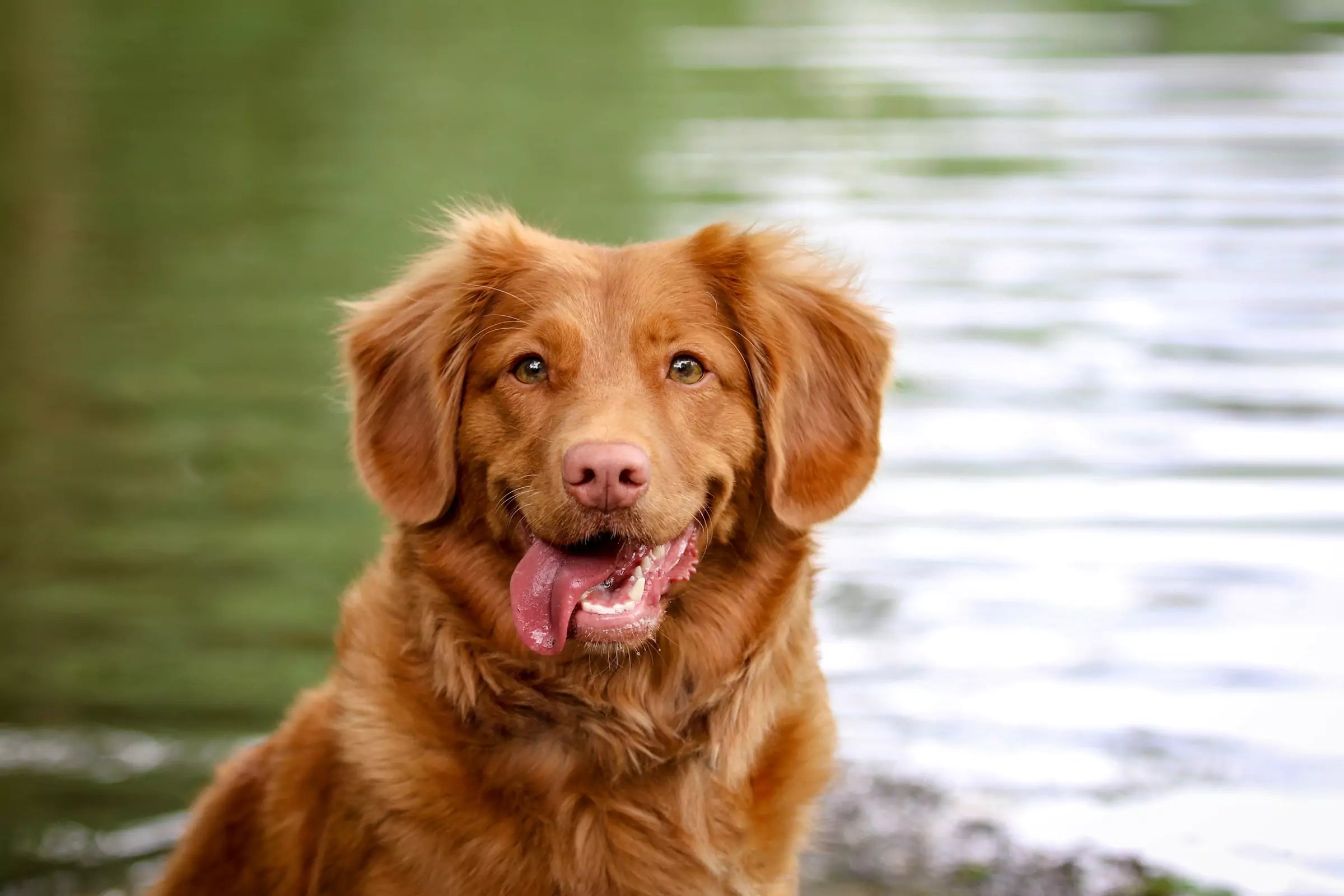
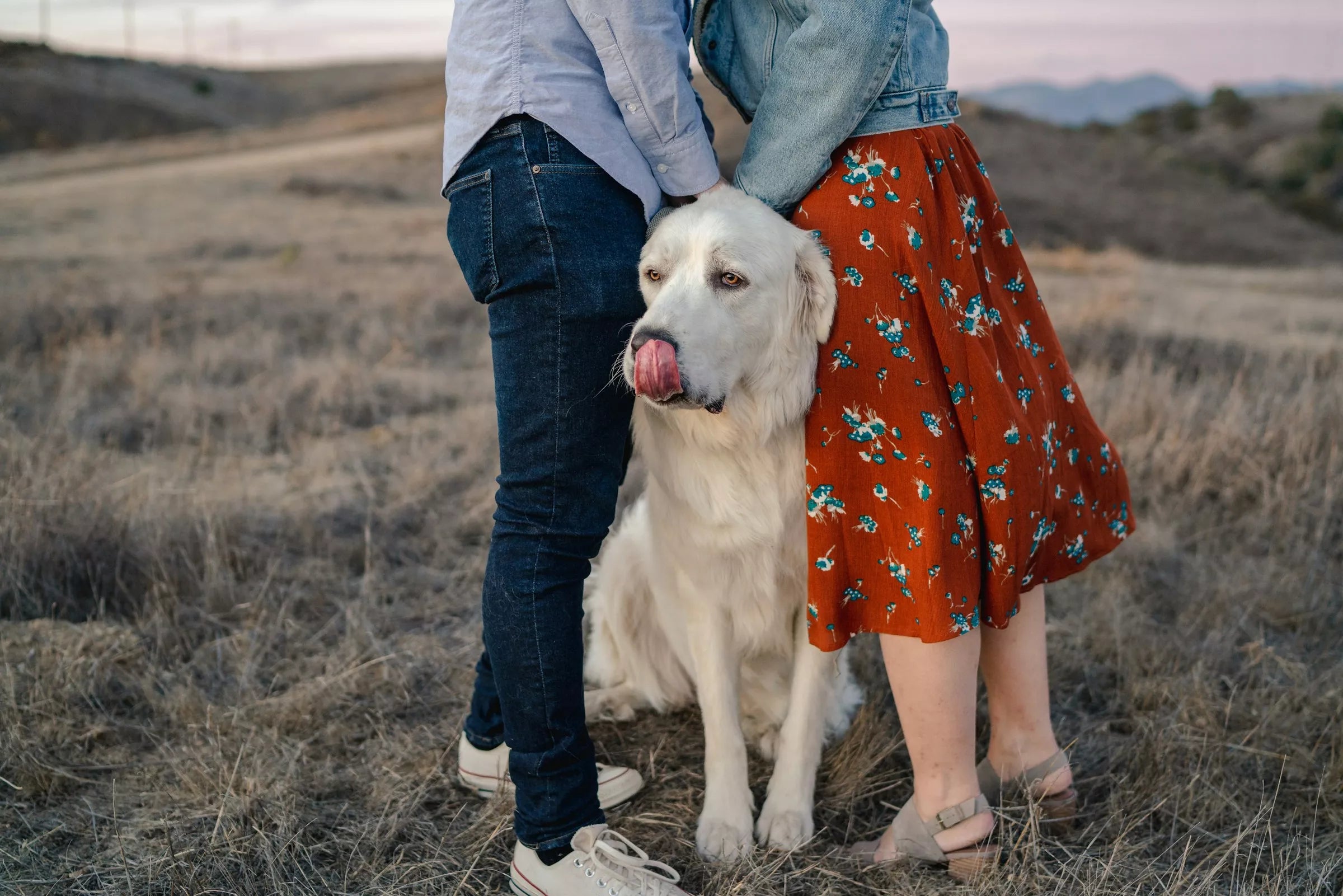
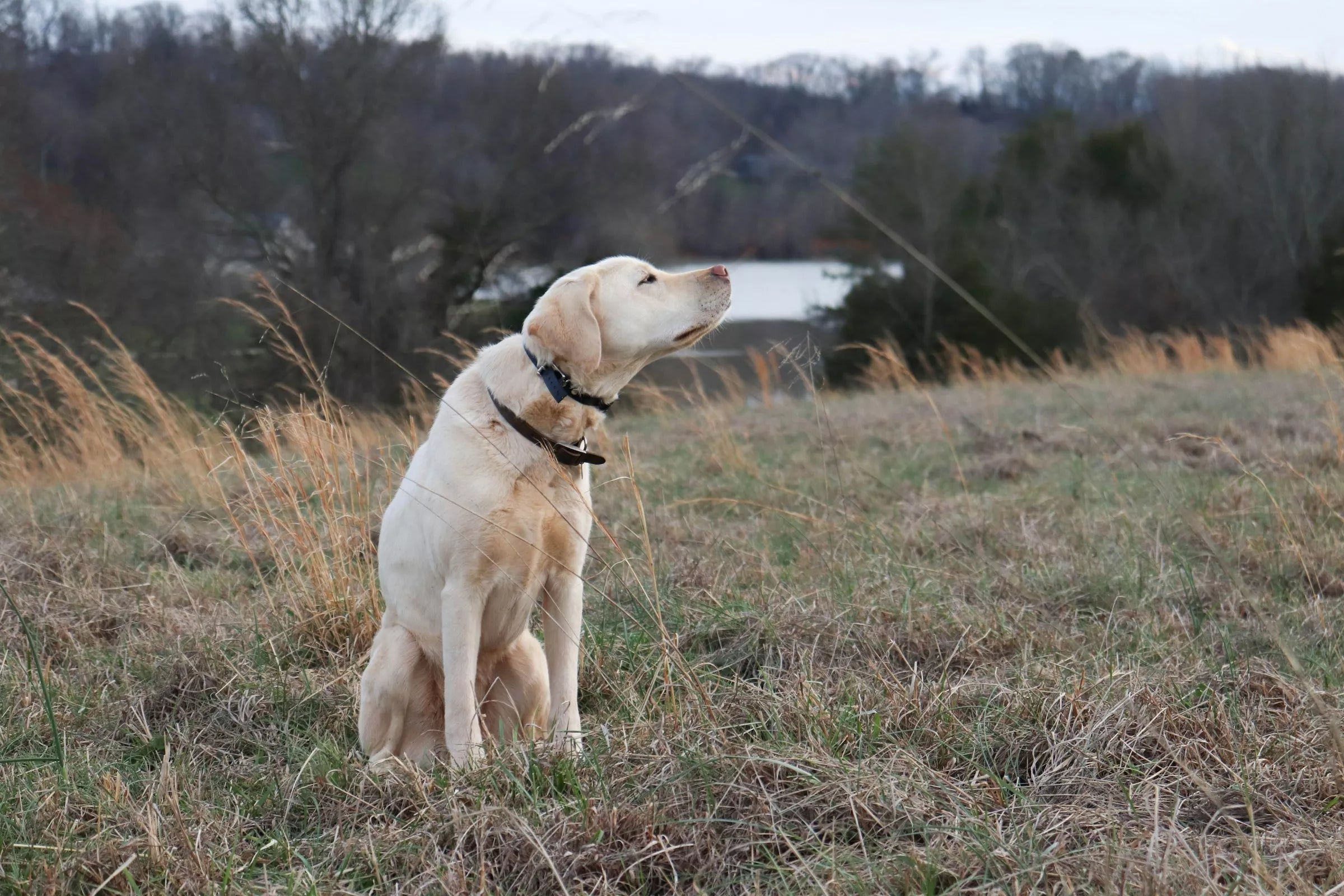

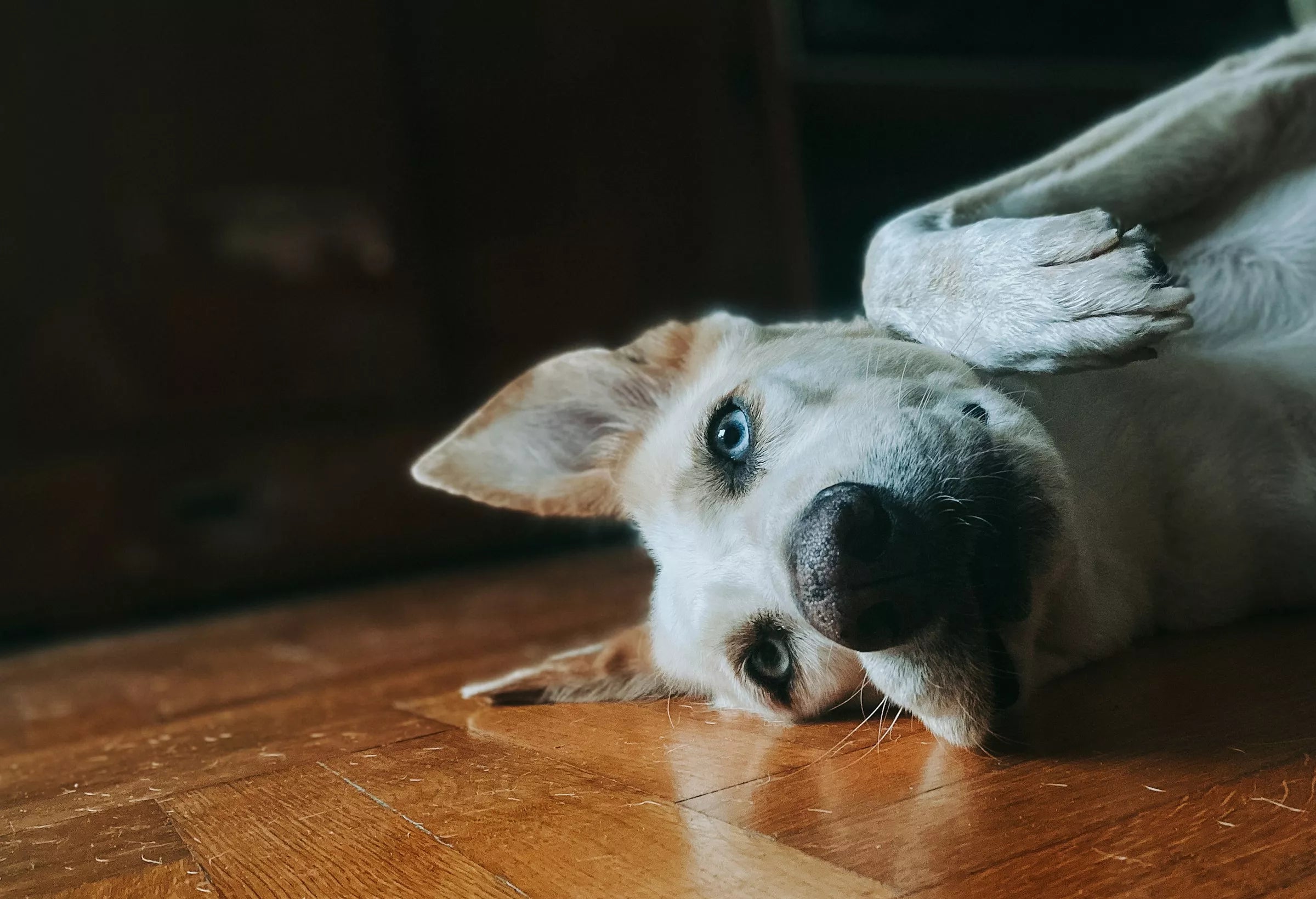
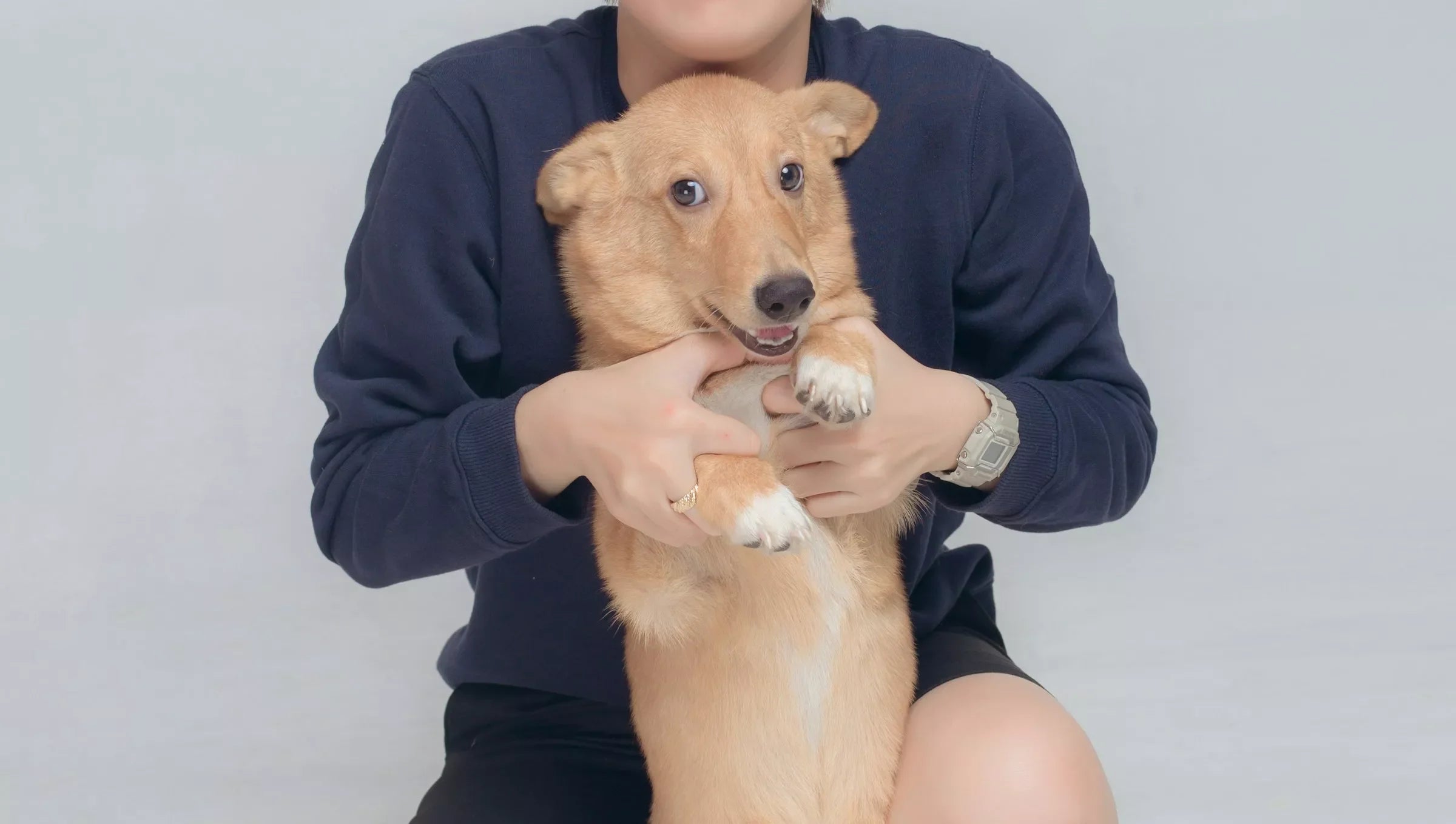
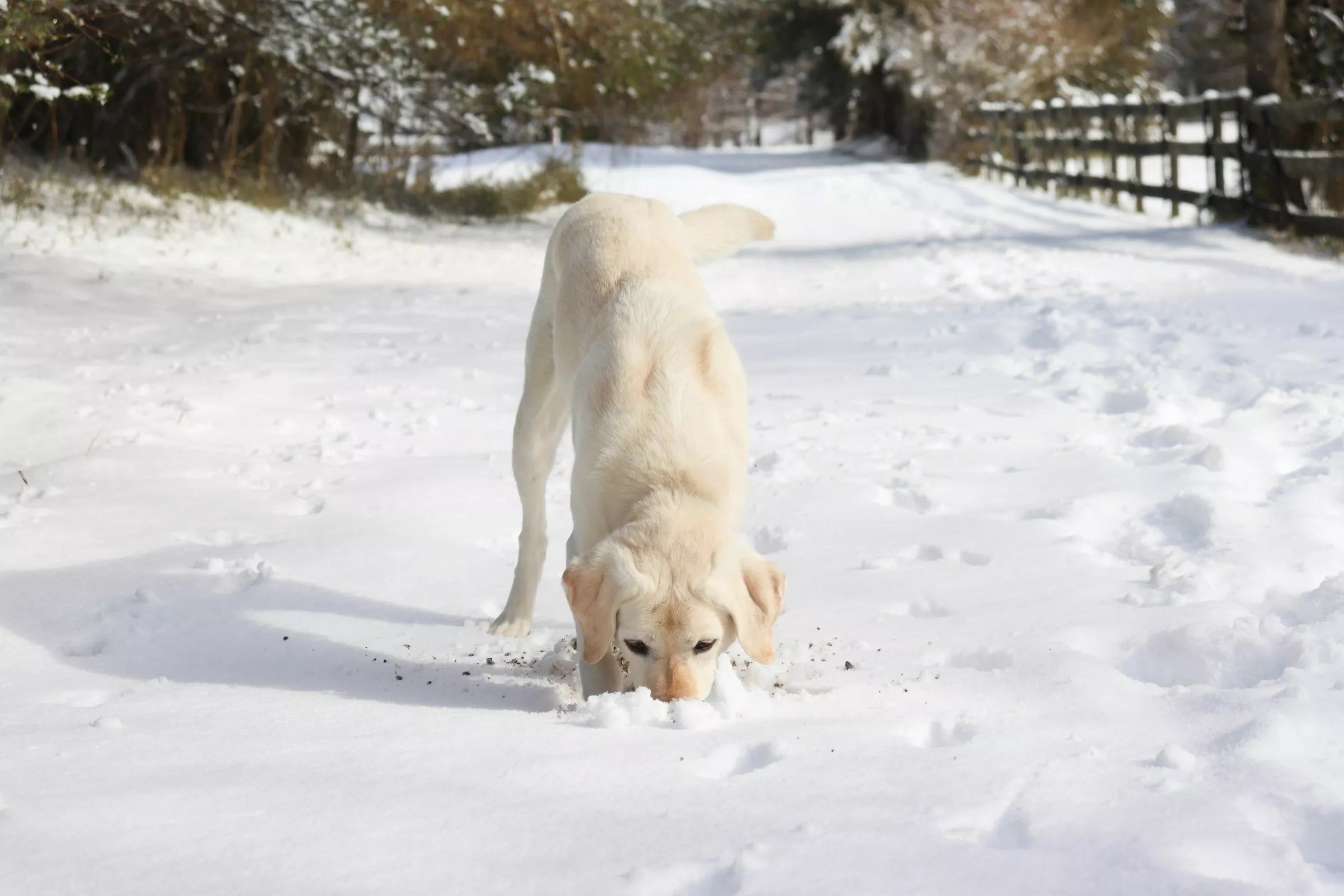






Share:
5 Ways to Keep Your Dog’s Heart Healthy
Are Dog Treats Bad for Dogs?